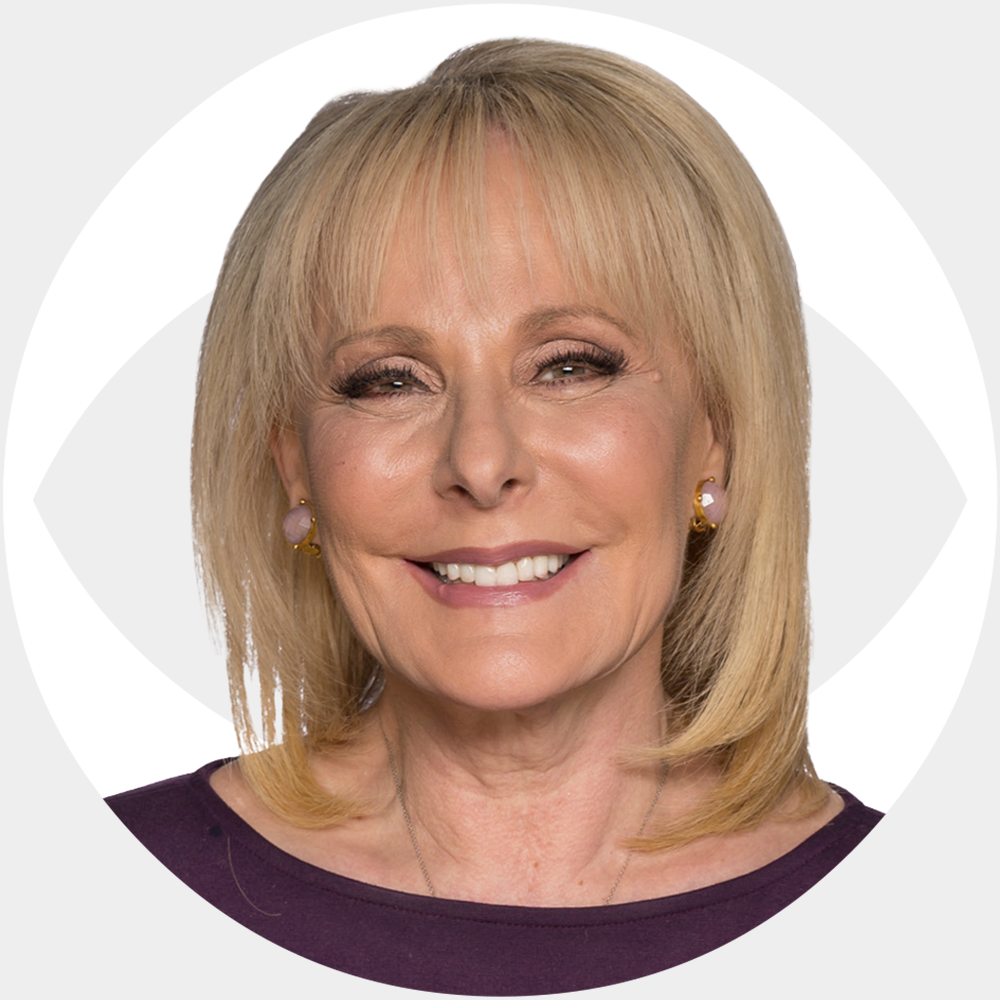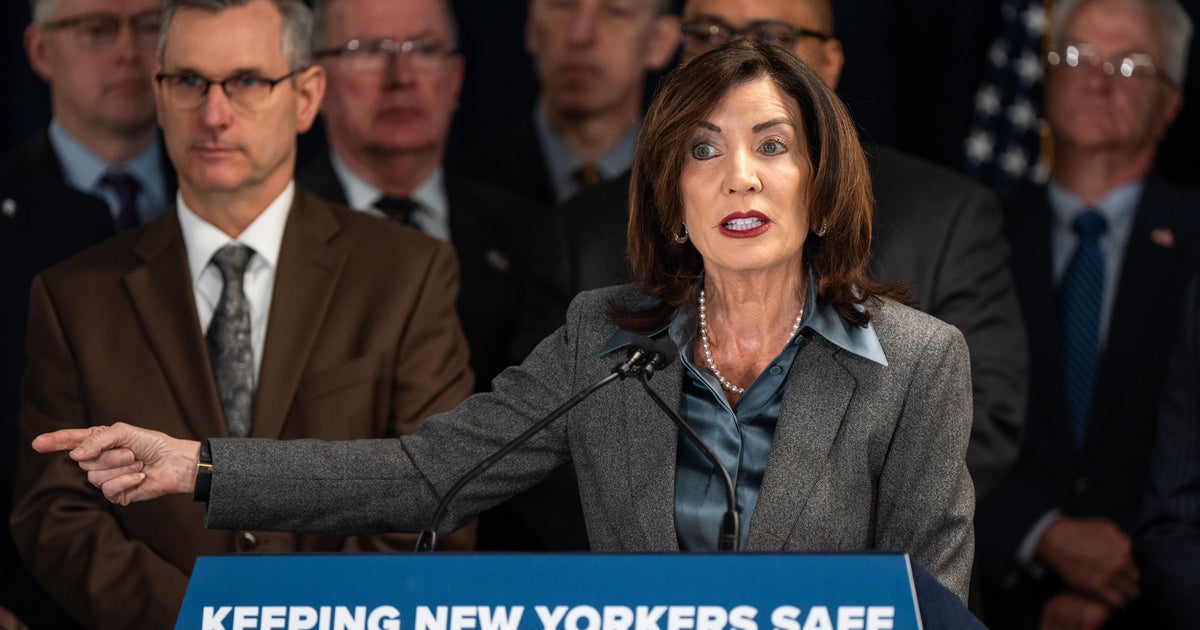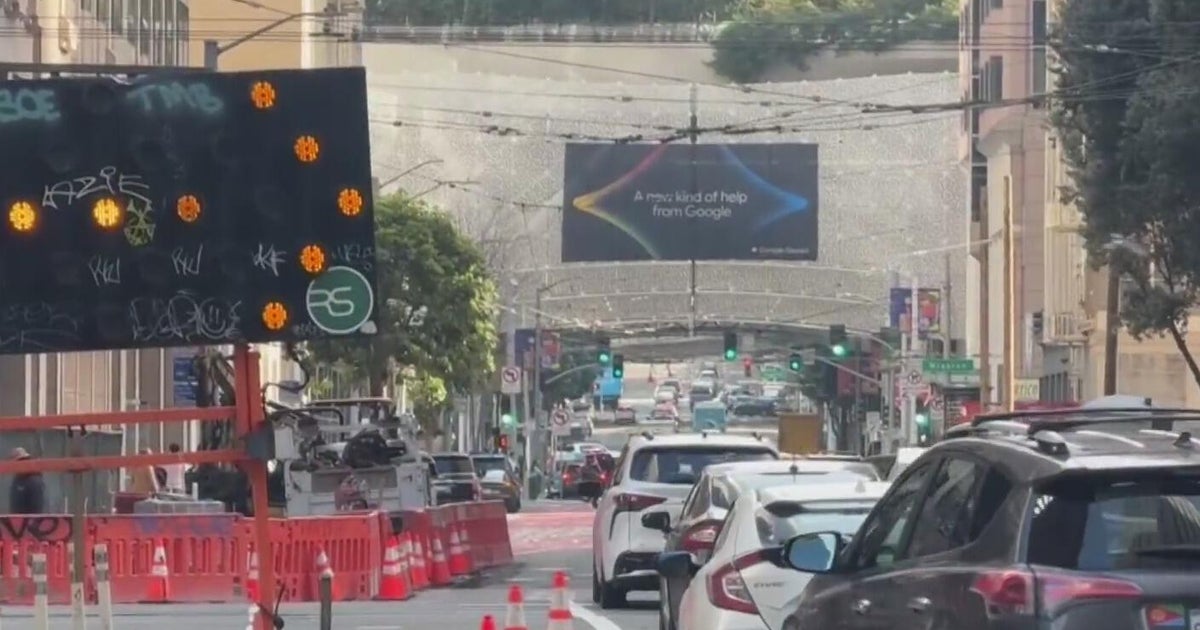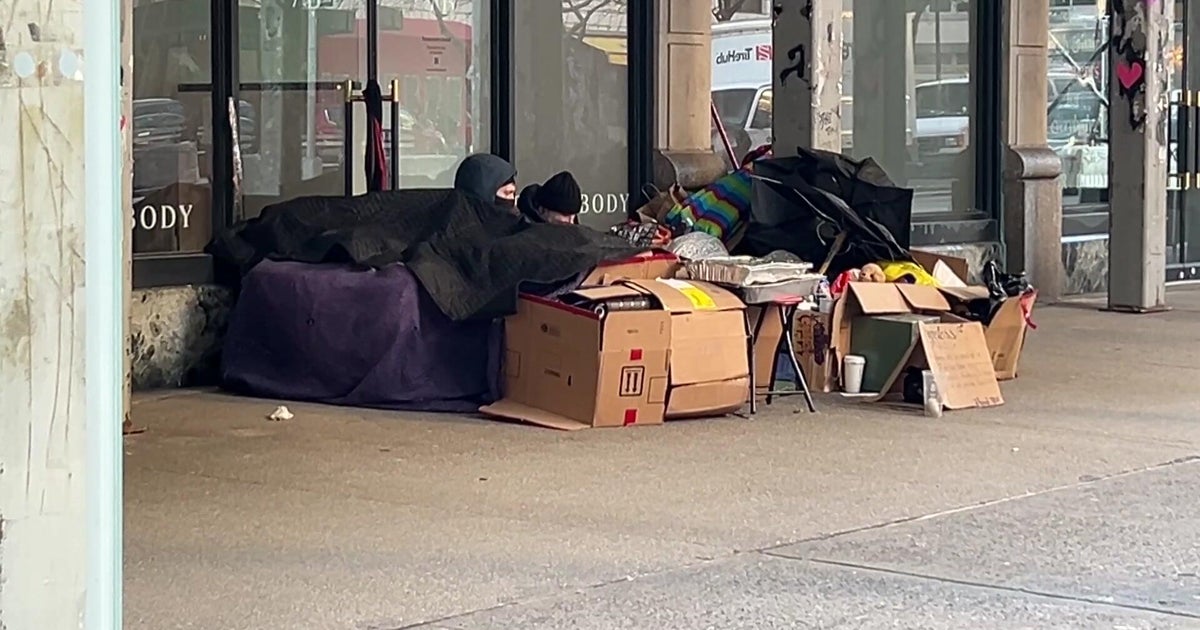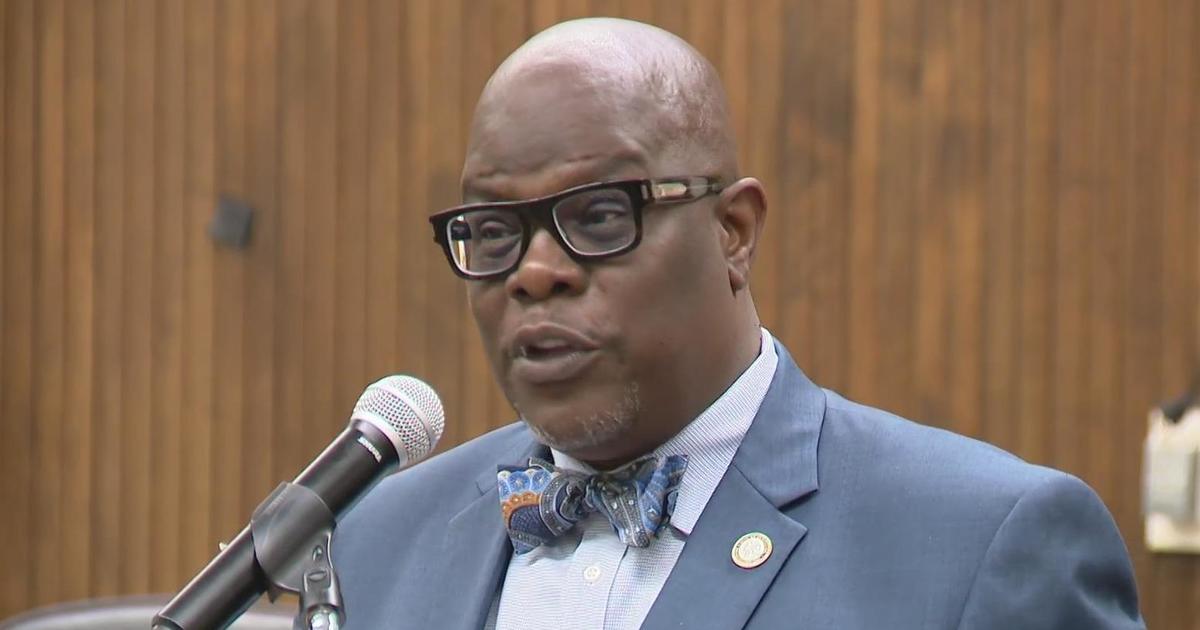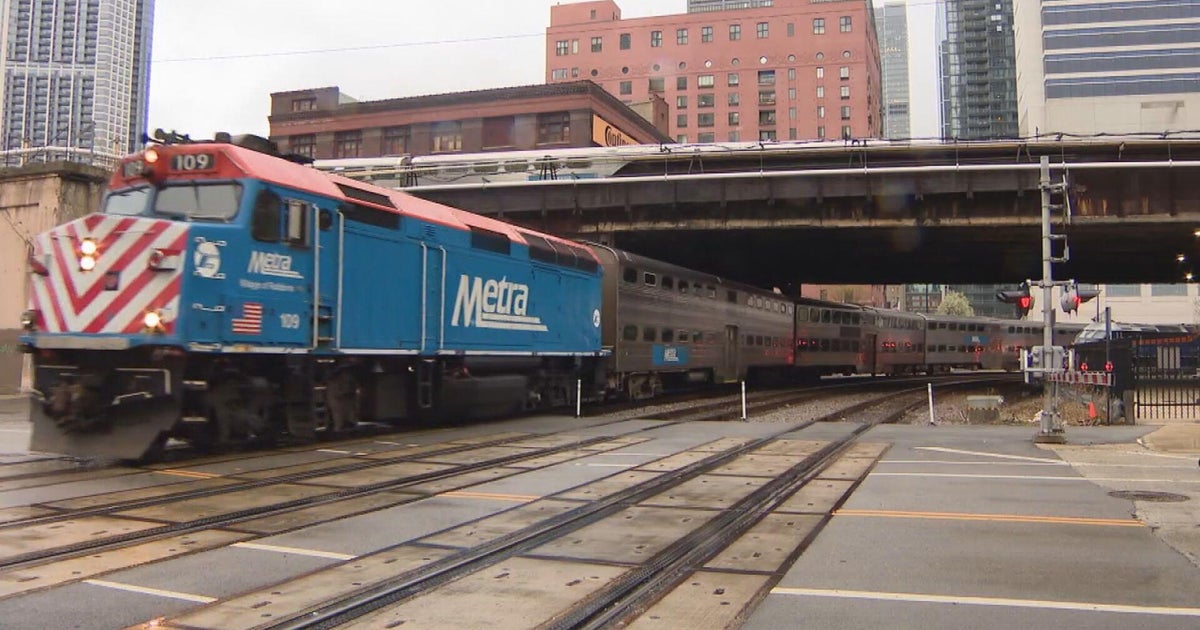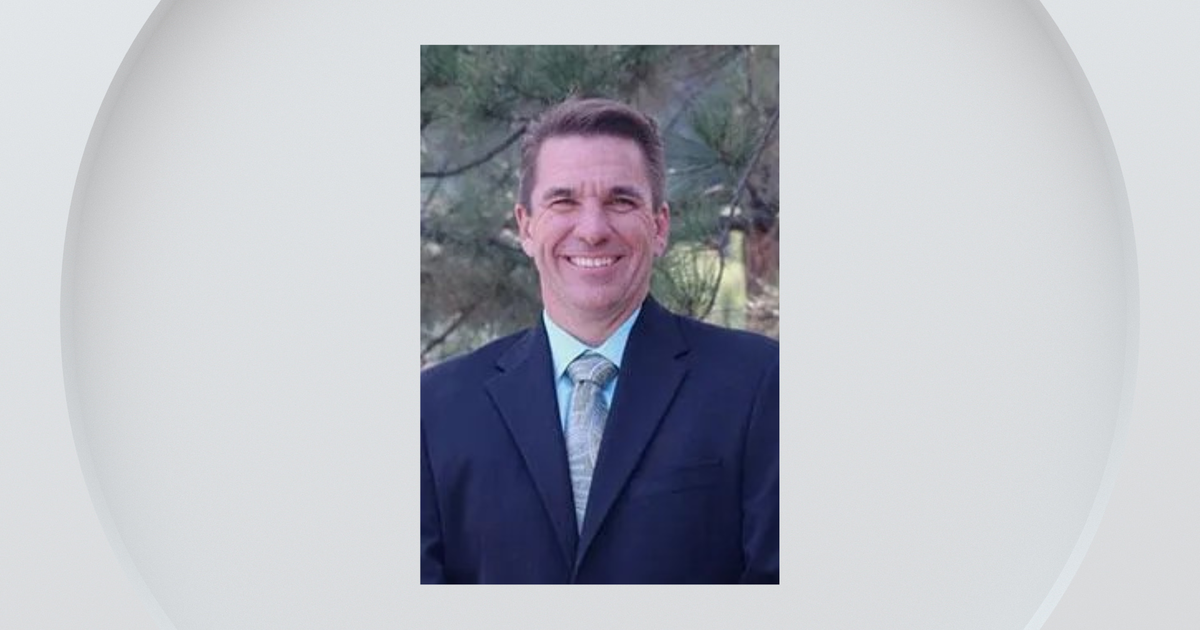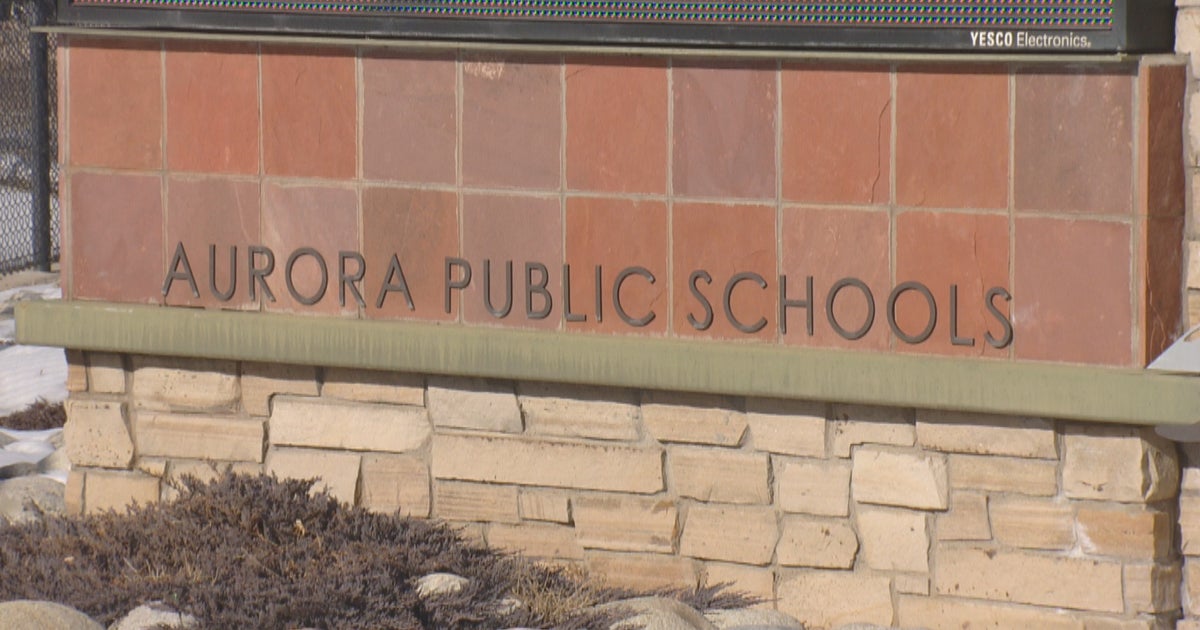MTA board "blindsided" by NYC congestion pricing delay and Gov. Kathy Hochul, sources say
NEW YORK -- Gov. Kathy Hochul neglected to tell MTA board members before announcing her decision to delay congestion pricing in New York City indefinitely, sources say.
Hochul apparently spoke with Mayor Eric Adams and other politicians in advance, but never notified the MTA. Board members say they feel betrayed by the governor as they scramble for a new source of funding.
In December, the MTA board fell in line when they were asked to approve $15 tolls on most drivers entering Manhattan below 60th Street. So imagine their surprise when Hochul put the brakes on the program less than 30 days before it was set to start.
"I was shocked, bewildered, felt blindsided," one MTA board member told CBS New York. "And the other board members felt the same way."
New York state lawmakers protesting the governor's decision say they too were left in the dark.
Now, the MTA has to figure out what to do with the hundreds of people hired to run congestion pricing and the $500 million license plate readers installed around Manhattan.
MTA board worried about funding
Some MTA board members asked to vote to approve the governor's directive to pause the congestion pricing program say they're worried there won't be enough money to fix the system.
"I've been speaking to MTA board members, urging them to vote no if this comes to them for a vote," said State Sen. Liz Kreuger, a Democrat from Manhattan.
The governor did promise to find money for the MTA in her announcement.
"We have set aside funding to backstop the MTA capital plan and are currently exploring other funding sources," Hochul said.
The governor is said to be exploring an increase in the MTA's payroll mobility tax, which is unlikely to pass since state lawmakers are all up for reelection in November.
Transit advocates and environmentalists accused Hochul of abandoning a plan that was decades in the making for political reasons, noting she was a staunch supporter of congestion pricing.
Many looked forward to the prospect of cleaner air, fewer cars and capital improvements funded by the tolls.
"Everyday New Yorkers, subway riders and transit workers put the governor over the top, gave her that narrow election victory in 2022. Now she's biting the hand that feeds her and feeding the hand that bites her," said Danny Pearlstein, with the Riders Alliance.
Opponents of congestion pricing argued the tolls would be financially crippling.
"Already MTA imposed two taxes on yellow cab fares. One for 50 cents on every trip and a second one for $2.50 on trips 96th Street and below," said Bhairavi Desai, executive director of the New York Taxi Workers Alliance, who said trips are down 50% since the COVID pandemic started.
New Jersey Gov. Phil Murphy, who opposes congestion pricing, said he does not believe Hochul's decision was political.
"The reality is, this is probably exactly the wrong time, among other things, to [discourage] people from going into Manhattan. That seems to be the basis upon which she made her decision, which I completely respect," said Murphy.
New Jersey filed a lawsuit to stop congestion pricing. Bergen County officials said a ruling could be made as early as this week, but Murphy said the state is still trying to figure out it will go forward.
Downstate casinos could fund MTA
State Sen. Joseph Addabbo, a Democrat from Queens, said the governor should roll the dice and move up approval of the licenses for three downstate casinos because, by law, the fees are earmarked for the MTA. The complicated state-approval process is currently expected to last through 2025.
"Three licenses, even at $750 million each, you're looking at anywhere from $2 billion to $2.75 billion, to $3 billion for the MTA as an upfront initial infusion of money and that's, like I said, three years of congestion pricing," said Addabbo.
The law also states the MTA will get a portion of the revenue once the casinos are up and running - anywhere from 40-50%. If New York approves online gambling, that would be another billion dollars for the MTA, Addabbo said.
John Choe, a casino critic and executive director of the Greater Flushing Chamber of Commerce, doesn't think gambling money should bail out the MTA.
"If you look at who's coming to casinos, it's mostly low-income working class people, senior citizens. We're basically saying ... why don't we just take more money from the lowest income people, New Yorkers, and use that money to support public transit?" said Choe.
A spokesperson for the governor did not respond to our request for comment on the casino money.
